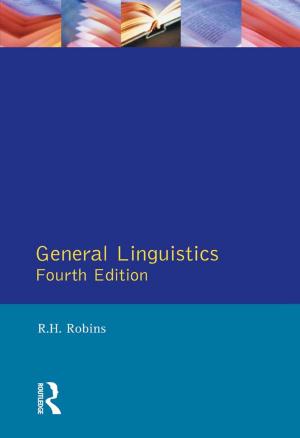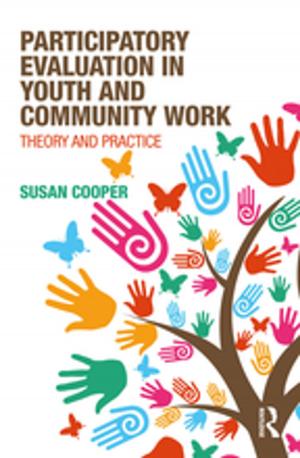Authority and Meaning in Indian Religions
Hinduism and the Case of Valmiki
Nonfiction, Religion & Spirituality| Author: | Julia Leslie | ISBN: | 9781351772983 |
| Publisher: | Taylor and Francis | Publication: | November 22, 2017 |
| Imprint: | Routledge | Language: | English |
| Author: | Julia Leslie |
| ISBN: | 9781351772983 |
| Publisher: | Taylor and Francis |
| Publication: | November 22, 2017 |
| Imprint: | Routledge |
| Language: | English |
This title was first published in 2003. Can a text be used either to validate or to invalidate contemporary understandings? Texts may be deemed 'sacred', but sacred to whom? Do conflicting understandings matter? Is it appropriate to try to offer a resolution? For Hindus and non-Hindus, in India and beyond, Valmiki is the poet-saint who composed the epic Rà mà yaõa. Yet for a vocal community of dalits (once called 'untouchables'), within and outside India, Valmiki is God. How then does one explain the popular story that he started out as an ignorant and violent bandit, attacking and killing travellers for material gain? And what happens when these two accounts, Valmiki as God and Valmiki as villain, are held simultaneously by two different religious groups, both contemporary, and both vocal? This situation came to a head with controversial demonstrations by the Valmiki community in Britain in 2000, giving rise to some searching questions which Julia Leslie now seeks to address.
This title was first published in 2003. Can a text be used either to validate or to invalidate contemporary understandings? Texts may be deemed 'sacred', but sacred to whom? Do conflicting understandings matter? Is it appropriate to try to offer a resolution? For Hindus and non-Hindus, in India and beyond, Valmiki is the poet-saint who composed the epic Rà mà yaõa. Yet for a vocal community of dalits (once called 'untouchables'), within and outside India, Valmiki is God. How then does one explain the popular story that he started out as an ignorant and violent bandit, attacking and killing travellers for material gain? And what happens when these two accounts, Valmiki as God and Valmiki as villain, are held simultaneously by two different religious groups, both contemporary, and both vocal? This situation came to a head with controversial demonstrations by the Valmiki community in Britain in 2000, giving rise to some searching questions which Julia Leslie now seeks to address.















